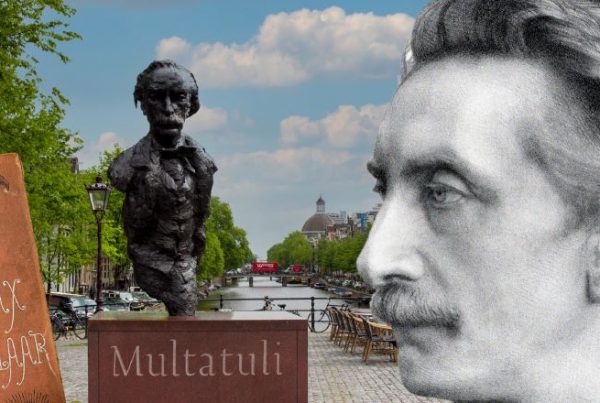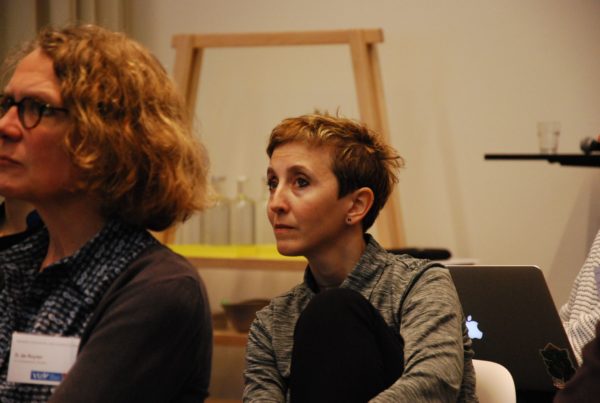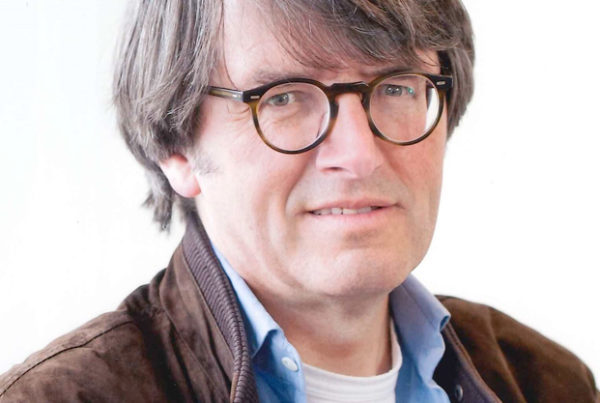Summer Seminar 2017, August 21-23
‘What the Humanities Contribute to the University’
Science and humanities—penultimate and ultimate curiosity?
Prof. Andrew Briggs
University of Oxford
Abstract
Science flourishes best in cultures that are also curious about questions which science cannot answer. The spectacular success of science is due in part to restricting itself to questions which are amenable to scientific methods. But science need not be separated from other methods of inquiry. Time and again, where a culture or a community or even an individual has been interested in ultimate questions about meaning and purpose, and how humans can love and how God can be known, that has proved conducive to the curiosity about the material world which now manifests itself as science. You can think of this as a kind of entanglement between religion and science. But those words have each changed their meaning over time, and these categories must not be read into cultural contexts in which they were not necessarily distinct in the way they are now. ‘Science’ and ‘the humanities’ can each refer either to a body of knowledge or to methods of arriving at knowledge. They tend to be understood as the former by non-specialists, with the concomitant risk that such knowledge is misrepresented as finite and fixed. Scientists and scholars working at the cutting edge take a more humble approach, recognising how incomplete our knowledge is, but with a different risk, of thinking that theirs is the only way to certain knowledge. Curiosity about ultimate questions requires all available sources of knowledge and methods of enquiry, from the sciences and the humanities. And then something more ….
Short bio
Professor Andrew Briggs is the inaugural holder of the Chair in Nanomaterials at the University of Oxford. His research interests focus on nanomaterials for quantum technologies and their incorporation into practical devices. He uses similar techniques for experimental tests of the boundaries of non-classical behaviour in materials. In 1999 he was elected Honorary Fellow of the Royal Microscopical Society for his innovative methods and applications of microscopy. He is a Member of Academia Europaea and of the International Society for Science and Religion. From 2002 – 2009 he was Director of the Interdisciplinary Research Collaboration in Quantum Information Processing, which served to create new experimental and theoretical capacity in the UK and was followed in 2013 by a UK government investment of £270M in Quantum Technologies. Since 2010 he has directed the services provided by the University of Oxford for TWCF. He has nearly 600 publications, with over 20,000 citations. In 2016 Oxford University Press published his book with Roger Wagner, The Penultimate Curiosity: How science swims in the slipstream of ultimate questions, with endorsements by Martin Rees, Rolf Heuer, Jonathan Sacks, and Justin Welby (already in its fourth printing). His next book, It Keeps Me Seeking, with Hans Halvorson and Andrew Steane, will be published by Oxford University Press in 2018.
Would you like to attend this presentation as well as the whole Summer Seminar?
Find more information here.




